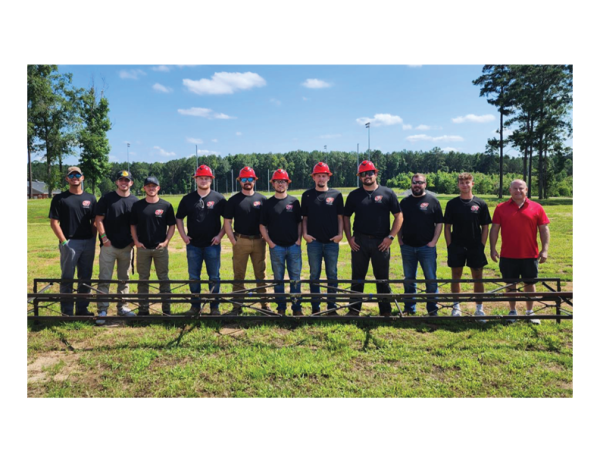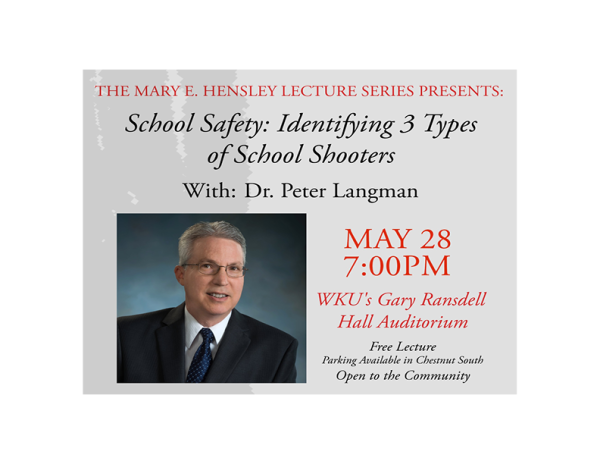Editorial: The aftermath of the Ransdell Empire
February 27, 2018
The Issue: In a budget restructuring plan recently issued by President Timothy Caboni, specifications were laid out on how the current administration is going to address a $15 million budget deficit. These cuts, which represent only phase one of a series of reductions to come in the future, include eliminating University College, returning the management of three regional campuses to DELO (Division of Extended Learning and Outreach) and reducing the size of the workforce across WKU.
Our Stance: These cuts are a necessary evil brought about by former President Gary Ransdell’s administration and the reckless spending he was allowed to undertake with little to no oversight from the Board of Regents. Caboni made the right decision in actually addressing the budget crisis in his first year on the job. Caboni has also made promises in the past to help terminated employees through this transition process, a promise that needs to be upheld.
When President Timothy Caboni first assumed his position here at WKU almost eight months ago, one can only speculate if he knew just how bad of a financial situation he was getting himself into. What began as an estimated $11-15 million budget deficit last August has ballooned into an estimated overall $40 million budget deficit, a combination of the initial $15 million budget deficit, pension obligations, state cuts to higher education and other various expenses.
In difficult times such as these, empathy should first and foremost lie with those who will lose their jobs in what is only phase one of a series reductions that are sure to affect the lives of more faculty and staff in the future. These people did not ask the former administration to be so reckless in their spending which created a hole so big the only solution was to fill it with a permanent reduction of the WKU workforce.
Speaking of reckless spending, if there are entities to direct one’s anger at it’s Gary Ransdell and the Board of Regents. The original $15 million deficit was a direct result of overzealous expansion projects to further the Ransdell legacy while relying too heavily on potential enrollment and placing too much hope in revenue which never materialized.
The Board of Regents, a governing body of WKU that could have limited Ransdell’s spending, instead allowed him to play emperor for over a decade, while giving little to no oversight on budgetary decisions. The recent Aramark contract, which will end up costing students who opt out of WKU’s meal plan $350 a semester, is just one example of a lack of oversight.
Caboni, on the other hand, should be commended for actually addressing the budget crisis and making tough decisions, even if it makes him unpopular in his first year on the job. That being said, Caboni still has a responsibility to help terminated employees through this transition period where displaced employees will be paid through June 30.
While, according to the budget restructuring plan, 90-100 filled positions as well as 40 vacant positions are going to be eliminated, it’s important to note that Caboni chose not to accept the recommendation for administrative salaries, and instead place it under evaluation. With this stipulation, previous administrators who step into faculty roles would not have the administrative increment included in their salaries.
Essentially, the administration is willing to eliminate over 100 positions, but still conveniently has the money to pay former administrators who return to being faculty practically the same as they were getting paid as administrators.
This is just phase one in a series of budget reductions that are sure to affect the entire WKU population in one way or another. It is crucial that we all remain informed on these decisions whose repercussions will be felt by the next generation of students and faculty.
{{tncms-inline content=”<p>Editorials reflect a majority opinion of the College Heights Herald editorial board, which is made up of students. The members of this semester’s editorial board include:</p> <p>Andrew Henderson, Monica Kast,&nbsp;Evan Heichelbech, Mason Davis, Brook Joyner, Nic Huey, Jeremy Chisenhall, Taylor Huff, Olivia Mohr, Emma Collins, Craig Ostertag and Spencer Harsh.</p>” id=”44908fdc-61ed-4264-ae38-873192feec98″ style-type=”highlights” title=”Editorial Board” type=”relcontent”}}























